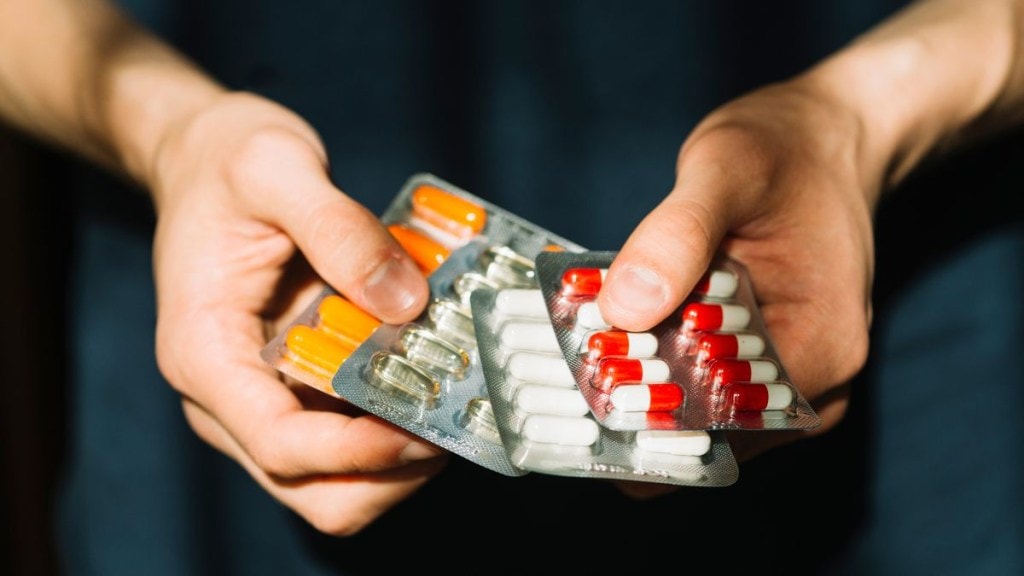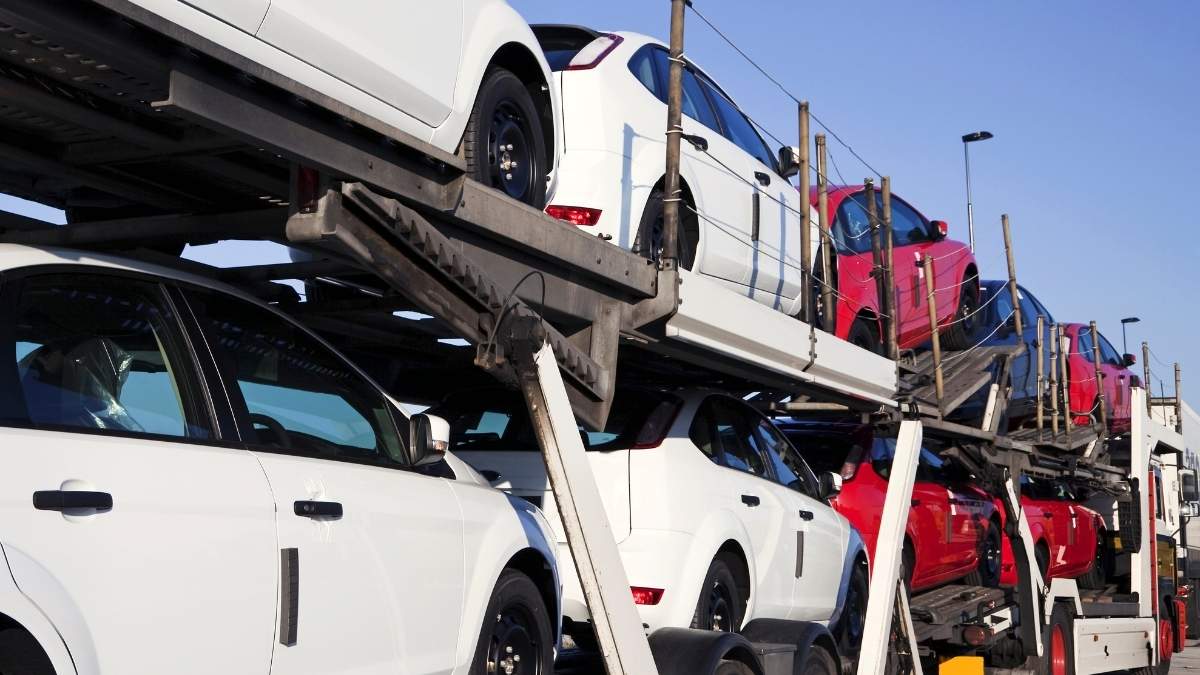Do you have expired tablets or leftover syrups lying around at home? If your usual habit is to throw them into the dustbin with household waste, it’s time to change that. Improper disposal of medicines can harm the environment, affect public health, and even lead to drug misuse. To tackle this growing issue, India’s top drug regulator, the Central Drugs Standard Control Organisation (CDSCO), has now stepped in.
The CDSCO has issued a new guidance document that instructs state drug control departments and chemist associations to set up drug take-back sites. These centres will allow people to safely drop off expired or unused medicines, instead of throwing them away.
Why should you stop throwing medicines in the trash?
Medicines that are dumped in the trash can cause serious harm. When thrown away with household waste, they can leach into soil and water, polluting the environment. This can affect not just humans but also animals and marine life.
In fact, unused antibiotics, if not disposed of properly, can worsen antibiotic resistance in nearby areas. Another risk is that expired or discarded medicines may end up in the hands of children, waste pickers, or even be resold illegally, leading to dangerous consequences.
Drugs also lose their effectiveness past their expiry date, and some may even cause adverse reactions if consumed.
What is the “flush list”?
The CDSCO has also released a list of 17 high-risk medicines that are so dangerous, they must be flushed down the toilet or sink if not returned. These drugs include powerful opioids like morphine, fentanyl, and oxycodone, typically prescribed for severe pain or cancer patients.
Other medicines on the flush list include:
- Methadone – used in treatment for heroin addiction
- Diazepam – an anti-anxiety medicine
- Methylphenidate – used for ADHD
- Sodium oxybate – used to treat narcolepsy, a sleep disorder
These drugs can cause addiction, and if taken by someone without a prescription, they can be fatal. That’s why immediate disposal by flushing is recommended for these specific medications.
How should medicines be disposed of safely?
The CDSCO shares several disposal methods depending on the type of drug:
- Tablets, capsules, powders: Can be sent to landfills but only in small quantities (less than 1 per cent of daily municipal waste).
- Encapsulation: Medicines are sealed in drums filled with cement or foam and then safely discarded.
- Inertisation: Medicines are mixed with lime and cement to create a solid block, which is then thrown with regular waste.
- High-temperature incineration: Some drugs must be burned at special facilities.
- Liquids (except cancer drugs): Can be diluted and poured down the drain.
- Radioactive drugs: Must be buried deep underground.
These methods are mostly the manufacturer’s responsibility, as they are expected to collect and safely dispose of expired medicines from retailers. Hospitals and chemists are also expected to follow biomedical waste disposal rules if manufacturers are unable to take back the drugs.
With the rise in medicine use and self-medication, it’s more important than ever to ensure expired and unused drugs are disposed of properly. By setting up take-back centres and spreading awareness, CDSCO hopes to reduce environmental pollution, prevent misuse, and keep communities safe. So the next time you clean your medicine cabinet, remember: expired medicines don’t belong in the bin.








